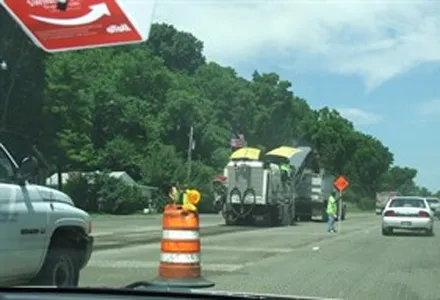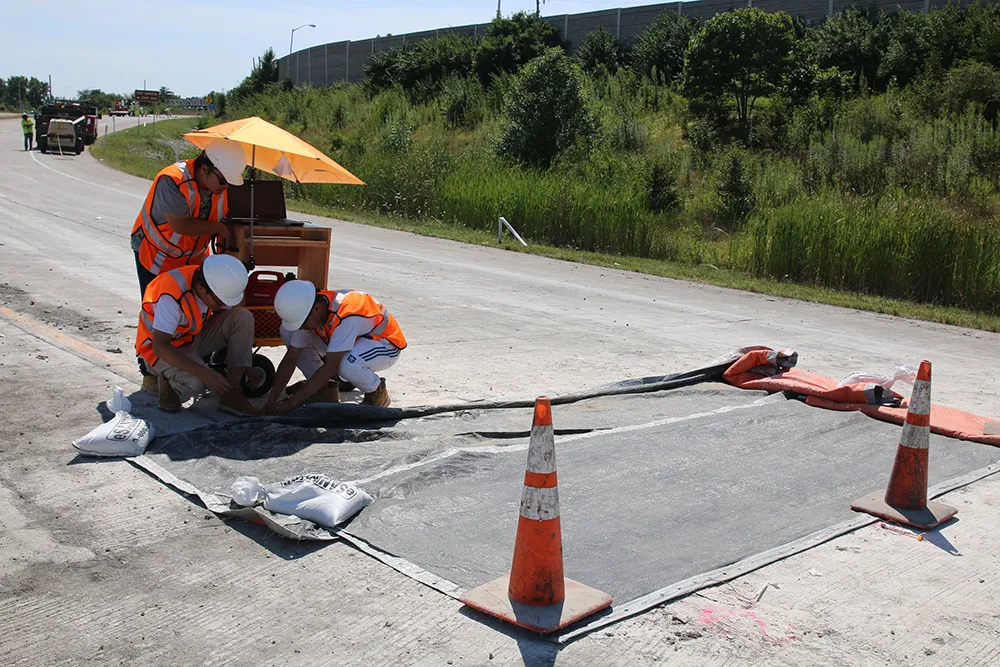
Reducing urban traffic congestion is being seen as a priority in many cities. French capital Paris has had a number of car-free days, which has more recently been replicated in Scotland’s capital, Edinburgh. Looking ahead, the plan by Edinburgh’s local authority is to cut city centre traffic by 30% in 10 years.
Congestion charging has been implemented in some cities, such as Singapore, Stockholm and London. It is now being discussed seriously as a forward plan for many US cities, most notably for Los Angeles, Boston, Chicago and New York. This is of note given the general road transport focus in the US, and particularly in Los Angeles, perhaps the most car-centric of all US cities.
But the rise of home deliveries and ride sharing have represented a growing proportion of urban vehicle journeys. Other solutions for managing traffic and vehicle pollution are being proposed and used.
The recent introduction of the ultra-low emission zone (ULEZ) for London has riled many vehicle owners in the city. This requires drivers to use more recent vehicles, or pay a daily charge. Intended to cut pollution, the ULEZ is a determined effort to reduce pollution in the city. It came in response to research showing the poor air quality in the city and the detrimental effect this has to public health. The research showed shockingly high air pollution levels at many London schools for example. The ULEZ at present relates to the centre of the city only, but will be expanded considerably in 2021.
Certainly, air pollution is a challenge to public health. One study showed in 2016, over 6 million children in the US were suffering from asthma, with traffic pollution being a primary cause. According to the World Health Organization, asthma is the most common chronic disease in childhood.
Encouraging drivers to use other transport methods is crucial, although this highlights the need for extensive public transport. Cycling too is a key option for shorter range journeys.
Looking ahead, distance charging for vehicle use will come in time. The steady increase in numbers of electric vehicles (EVs) means that fuel taxation will provide minimal revenue for road development. And when this happens, a vital tool has to be recognised: vehicle weight. Any fair road user charging scheme should use vehicle weight to determine cost. This is because road wear increases exponentially with vehicle weight, and vehicle weight also corresponds broadly to both the space a vehicle takes up in the road and (for internal combustion vehicles) the fuel being consumed and emissions produced.







